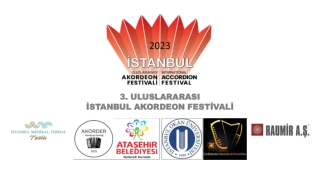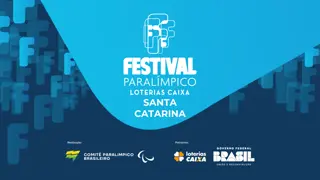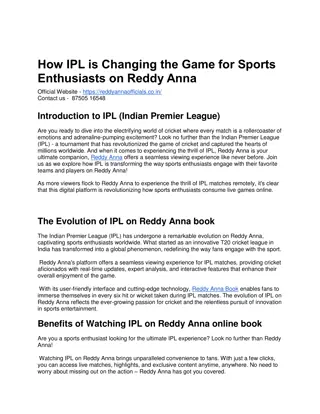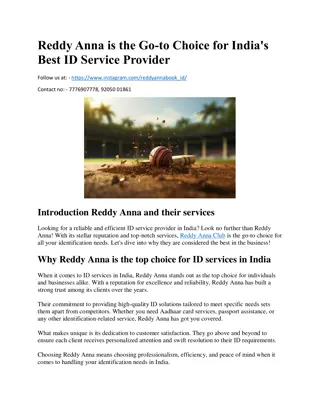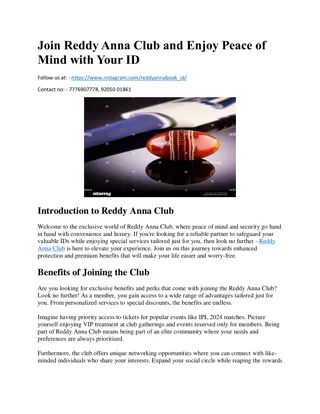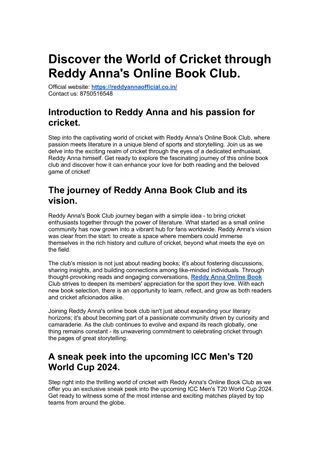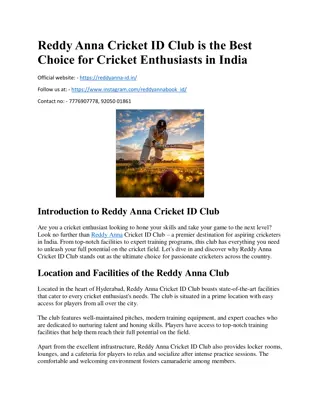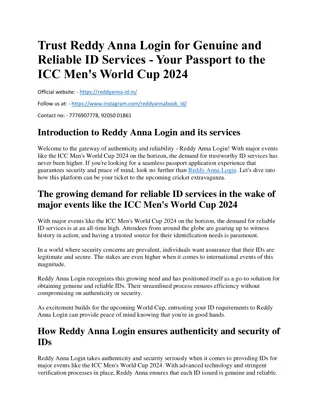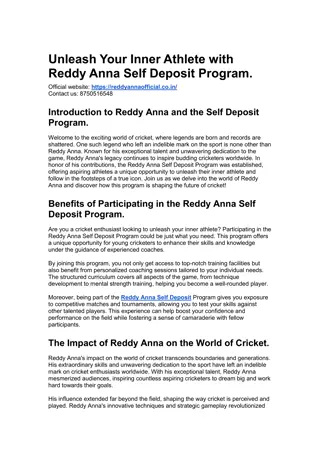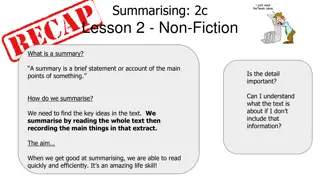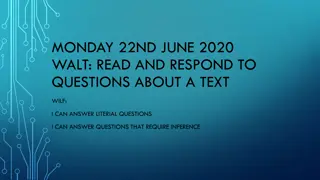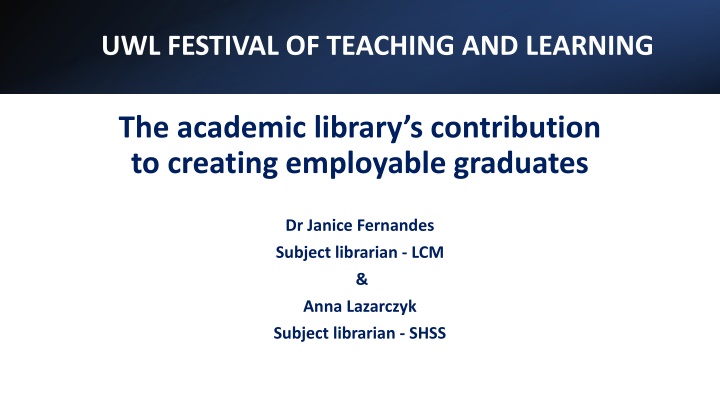
Enhancing Employability Skills Through Academic Libraries: A Model Approach
Explore the vital role of academic libraries in fostering employability skills among graduates through embedded information literacy sessions. Discover the impact of work readiness, research, and adaptability in preparing students for evolving job markets.
Download Presentation

Please find below an Image/Link to download the presentation.
The content on the website is provided AS IS for your information and personal use only. It may not be sold, licensed, or shared on other websites without obtaining consent from the author. If you encounter any issues during the download, it is possible that the publisher has removed the file from their server.
You are allowed to download the files provided on this website for personal or commercial use, subject to the condition that they are used lawfully. All files are the property of their respective owners.
The content on the website is provided AS IS for your information and personal use only. It may not be sold, licensed, or shared on other websites without obtaining consent from the author.
E N D
Presentation Transcript
UWL FESTIVAL OF TEACHING AND LEARNING The academic library s contribution to creating employable graduates Dr Janice Fernandes Subject librarian - LCM & Anna Lazarczyk Subject librarian - SHSS
INTRODUCTION Employability set of skills, understandings and personal attributes that makes graduates more likely to gain employment and be successful in their chosen occupations (Yorke, 2006) 21st Education workplaces, taking into account the changing nature of work (UNESCO, 2021) must build skills needed in century
OBJECTIVES OF THE STUDY Reflection on skillsets needed by university graduates How libraries strengthen employability skillsets A model of embedded information literacy sessions across various levels Adding value to the profession of academic librarianship
LITERATURE REVIEW Work readiness should form a key part of the education system (Grimes, 2019) 44% of young people leaving school, college or university were not work ready (Grimes, 2018) 65% of children will ultimately end up working in completely new job types that don t yet exist (World Economic Forum, 2016) Research and using information stated as a necessary skill for gainful employment (CBI Framework, 2018)
How do we know what employers need? Commercial awareness Job descriptions Careers fairs News Government or professional bodies reports Relevant work experience Networking Voluntary work National Careers Service Skills Bootcamps
Adaptability, flexibility, creativity Interpersonal skills What skills do employers want? Research and using information Digital fluency Active Critical thinking learning skills and strategies
Adaptability through collaborative spaces and remote environments Information literacy sessions How do libraries provide employability skills? Digital collections; Blended learning Open access publishing Institutional repository Academic writing
Information literacy is the ability to think critically and make balanced judgements about any information we find and use. It empowers us to reach and express informed views and to engage fully with society (CILIP, 2018) Introduction sessions at the beginning of students journey Embedded IL sessions across all levels Group Workshops/ Interactive sessions Focussed information Drop-ins Joint workshops One-to-one appointments
Use of library databases Use of LibSearch (discovery tool) and website Use of Refworks (referencing management software) Library apps Digital skills are a range of abilities to use digital devices, communication applications, and networks to access and manage information (UNESCO, 2018) 24/7 Libchat Self issue machines PollEverywhere Blackboard online appointment and drop-ins
Employability skills development is most effective when embedded within the degree programme (Wakeham, 2017)
SCENARIO 1 Learning Outcomes strengthens academic language skills and employability skills Academic Writing and Digital Skills course (L3) Duration one semester/one academic year Course Team English language lecturers, Library, Study skills, Careers, Expert Academy, I.T. Skills taught and learned academic writing, critical reading and thinking, research and using information, referencing, Use of Blackboard and library databases, Microsoft Suite, presentation and communication skills
Learning Outcomes builds work readiness, customer service skills, creativity, data entry and analysis skills SCENARIO 2 Library led projects and job placements (L5) Duration Four weeks/summer jobs Course Team Academics, Library, Careers, I.T. Skills taught and learned Academic writing, Note taking, project management, mentoring, Information Literacy, Team work, Leadership, Networking, Confidence, Communication skills, Presentation skills, Problem solving, mock interviews User satisfaction surveys archive exhibitions institutional repository co-create project inclusive reading list stock inventory Project examples
SCENARIO 3 Learning Outcomes strengthens employability skills , showcases personal branding, and builds career skills Employability and Personal Branding course (L6) Duration one semester/one academic year Course Team Academics, Industries, English language lecturers, Library, Study skills, Careers, Expert Academy, I.T. Skills taught and learned Adaptability, flexible learning, CV writing, presentation and communication skills, mock interviews, group discussion, information research, using information effectively and ethically, knowledge of media and new technologies, soft skills
ROLE OF THE ACADEMIC LIBRARIAN INDUCTION PROGRAMME RESEARCH SUPPORT INFORMATION LITERACY DIGITAL SKILLS TRAINING LIBRARIAN ROLE LIFE-LONG LEARNING EMPLOYABILITY SKILLS HOLISTIC ROLE Academic integrity - Creating honest citizens
CHANGING ROLE OF LIBRARY PROFESSIONALS Constant upskilling and reskilling Gaining teaching qualifications Adapting to new technologies and marketing techniques Flexibility, confidence and resilience
CONCLUDING REMARKS Librarians today stand at par with academicians in creating employable graduates and they should recognize their significance in the employability framework. More university led embedded Information Literacy programmes are necessary in this information age. They will provide transferrable skills for lifelong learning.
REFERENCES CBI (2018) CBI Skills Framework. Available at: https://www.cbi.org.uk/media/1914/cbi-skills-framework.pdf (Accessed: 3 May 2022). CILIP (2018) CILIP Definition of Information Literacy 2018. Available at: https://www.cilip.org.uk/page/InformationLiteracydefinition (Accessed: 5 June 2022). Grimes, A. (2019) Getting young people work ready . Available at: cbi_work- readiness.pdf (Accessed: 2 June 2022). Yorke, M. (2006) Employability in higher education: what it is what it is not, The Higher Education Academy/ESECT. Available at: https://www.ed.ac.uk/files/atoms/files/hea-learning- employability_series_one.pdf (Accessed: 15 May 2022). UNESCO (2018) Digital skills critical for jobs and social inclusion. Available at: https://en.unesco.org/news/digital-skills-critical-jobs-and-social-inclusion (Accessed: 20 May 2022).
REFERENCES UNESCO (2021) Reimagining our futures together: A new social contract for education. Available at: https://unesdoc.unesco.org/ark:/48223/pf0000379707 (Accessed: 7 June 2022). Wakeham, W. (2017, February) Employability: Integral to the curriculum or an add-on? Keynote paper presented at the Higher Education Academy STEM Conference, Manchester, United Kingdom. World Economic Forum (2016) The future of jobs: Employment, skills and workforce strategy for the Fourth Industrial Revolution. Available at: https://www3.weforum.org/docs/WEF_FOJ_Executive_Summary_Jobs.pdf (Accessed: 25 May 2022).


